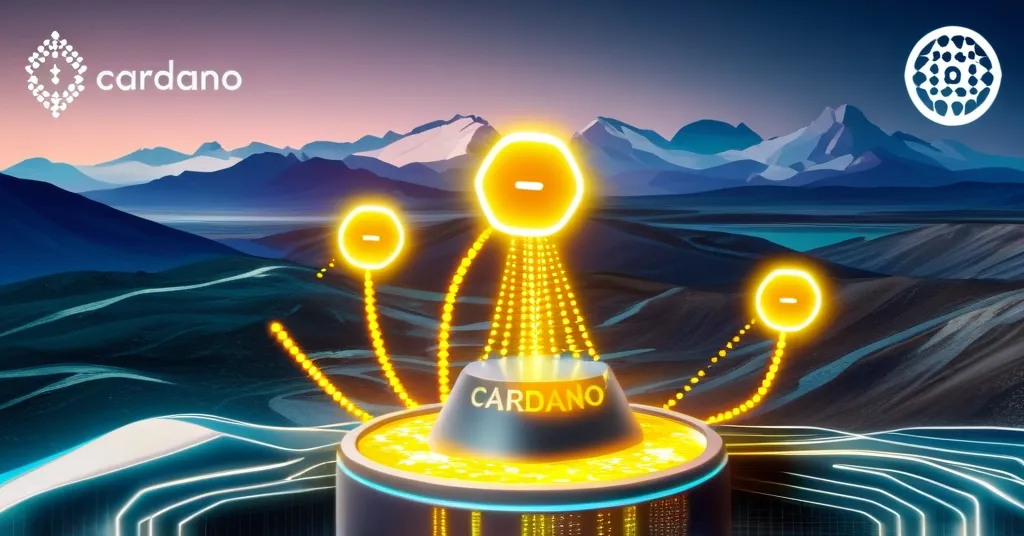Argentina Pioneers Lithium Tokenization with Cardano Partnership for 2025 Launch

Argentina’s Bold Move in Lithium Tokenization
Argentina is taking a groundbreaking step by pioneering lithium tokenization, a move that could reshape the global lithium market and set new standards for resource management. This ambitious project, slated to launch in the first quarter of 2025, represents a significant collaboration between the Cardano blockchain, Atómico 3, Zengate, and Alto Grande.
- Launch expected in Q1 2025, marking a world-first in lithium tokenization.
- Partnership includes Cardano, Atómico 3, Zengate, and Alto Grande.
- Aims to democratize lithium ownership and promote ethical sourcing.
- Argentina possesses substantial lithium reserves, vital for electric cars and renewable energy storage.
- Tokenization seeks to improve supply chain transparency and sustainability.
The Role of Blockchain
The core of this initiative lies in Cardano’s blockchain technology, utilized to digitize lithium property rights into digital tokens. This allows for fractional ownership, enabling investors to buy and sell portions of lithium assets much like stocks. Essentially, this process, known as tokenization, converts a physical asset into a digital form on the blockchain, making it easier to trade and manage.
Economic Implications
Argentina’s large lithium deposits position it strategically in the global market, as lithium is a key component in batteries for electric vehicles (EVs) and renewable energy systems. With the EV industry potentially reaching a $1.3 trillion valuation in a few years, Argentina’s innovative approach could significantly boost its economy. Moreover, the tokenization of real-world assets like minerals could create a $600 billion market by 2030, offering new investment opportunities and improved market liquidity.
Ethical and Environmental Considerations
This venture is also driven by a commitment to sustainable and ethical mining practices. Traditional mining methods have long been criticized for their environmental impact and ethical shortcomings. Blockchain technology offers a solution through its distributed ledger, which provides transparency and traceability. Stakeholders can verify that lithium is sourced sustainably and ethically, addressing both environmental and social concerns. As Pablo Rutigliano, founder of Atómico 3, stated, “Blockchain’s distributed ledger allows stakeholders to trace the provenance of lithium, ensuring it is ethically and sustainably sourced.” Blockchain technology plays a crucial role in ensuring such transparency.
Challenges and Opportunities
While the potential benefits are significant, the project faces challenges such as regulatory hurdles and market volatility. The tokenization of lithium is uncharted territory, requiring robust legal frameworks and market education to ensure its success. However, if executed well, this could serve as a model for other countries with abundant natural resources, showcasing a blend of technological innovation and sustainable practices.
Argentina’s initiative could democratize access to lithium, allowing more stakeholders to participate in the market. This increased accessibility could drive innovation and competition, leading to more sustainable and efficient use of resources.
Conclusion and Future Prospects
This bold step towards lithium tokenization heralds a transformative era for resource management and blockchain technology. As the world increasingly prioritizes sustainability, Argentina’s venture could lead the way in integrating ethical practices with cutting-edge technology. The project’s success could ignite further global adoption, paving the path for a future where transparency, accessibility, and sustainability are paramount in resource trading and management. Discussions on platforms like Reddit highlight the growing interest and potential of this partnership.



